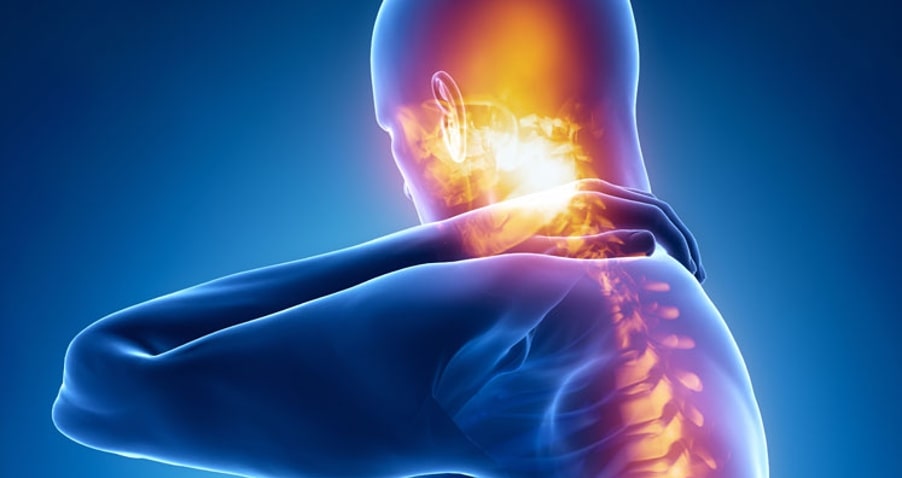
Pain can entirely change our lives. Ongoing pain problems can lead to disabilities like not being able to work, drive, or even maintain a home.
Pain in a dominant hand or arm can make it difficult to button a shirt, comb hair, or carry groceries.
Low back pain can make it hard to sit, stand, bend, tie shoelaces, or just about anything else you can imagine.
Intense, recurring headaches, like migraines, can make it difficult to concentrate, listen, read, eat, or even turn the lights on.
This kind of pain – ongoing and significantly interfering with important life activities – is called high-impact chronic pain.
Research done on high-impact chronic pain by groups like the National Center for Complementary and Integrative Health have published some important findings:
- Approximately 10.6 million Americans, or 4.8% of the population, have high-impact chronic pain.
- Disability is typically more commonly associated with chronic pain than with a number of other chronic conditions, including stroke and kidney failure.
- Those with high-impact chronic pain reported higher levels of mental health problems and cognitive problems, compared to those with chronic pain without a disability.
· High-impact patients reported greater difficulty in performing daily self-care activity and greater healthcare utilization.
These findings suggest that an awful lot of folks are not only living with intense pain but also experiencing life-altering limitations as a result.
When pain becomes this overwhelming, pain management becomes a far bigger challenge. Finding the best pain relief strategies while also exploring ways of engaging more with daily activities can seem like a daunting task. How can you reduce the effect that pain has on your life without undoing all the hard work you have put in to get the pain under better control?
For starters, I think it helps to focus on only a couple of tasks at a time. What function or activity would be most meaningful to have back in your life? For example, becoming just a bit more mobile can mean the difference between spending more time with friends or missing out, and being able to cook a prized recipe once again will delight all who get to enjoy it with you. Consider consulting with an occupational therapist that typically specializes in helping patients hone in skills that boost their ability to perform home or work activities.
It isn’t easy to do any activity that you haven’t done in a while. There is a good chance that being in pain has caused important muscle groups to get deconditioned and stiff, and overdoing it too quickly will only set off the pain. But building back up a strong foundation or core that can help support your arms, legs, and spine as they become more active helps prevent overstressing them. Working with a physical therapist or exercise expert can help you find ways to recondition key muscle groups and build up more foundational or core stability, so you can do more with less pain.
Diminishing the impact of pain is a much taller order than getting physically stronger. Research has taught us that those living with high-impact chronic pain often experience psychological distress and mood disorders like depression and anxiety. It is hard to function when you feel overwhelmed, so try to get involved in practices that can bring a sense of calm – meditation, yoga, breathing exercises, enjoying nature, or seeing a counselor all have the potential to help.
If you are suffering from a challenging chronic pain problem and feel you and your doctors have done your best to manage the symptoms, consider having a conversation with your healthcare team about how you might be able to lessen the impact that your pain has on your life.
Precision Pain Care and Rehabilitation has two convenient locations in Richmond Hill – Queens and New Hyde Park – Long Island. Call the Richmond Hill office at (718) 215-1888, or (516) 419-4480 for Long Island office, to arrange an appointment with our Interventional Pain Management Specialist, Dr. Jeffrey Chacko.













